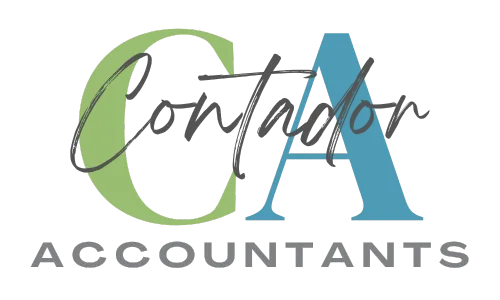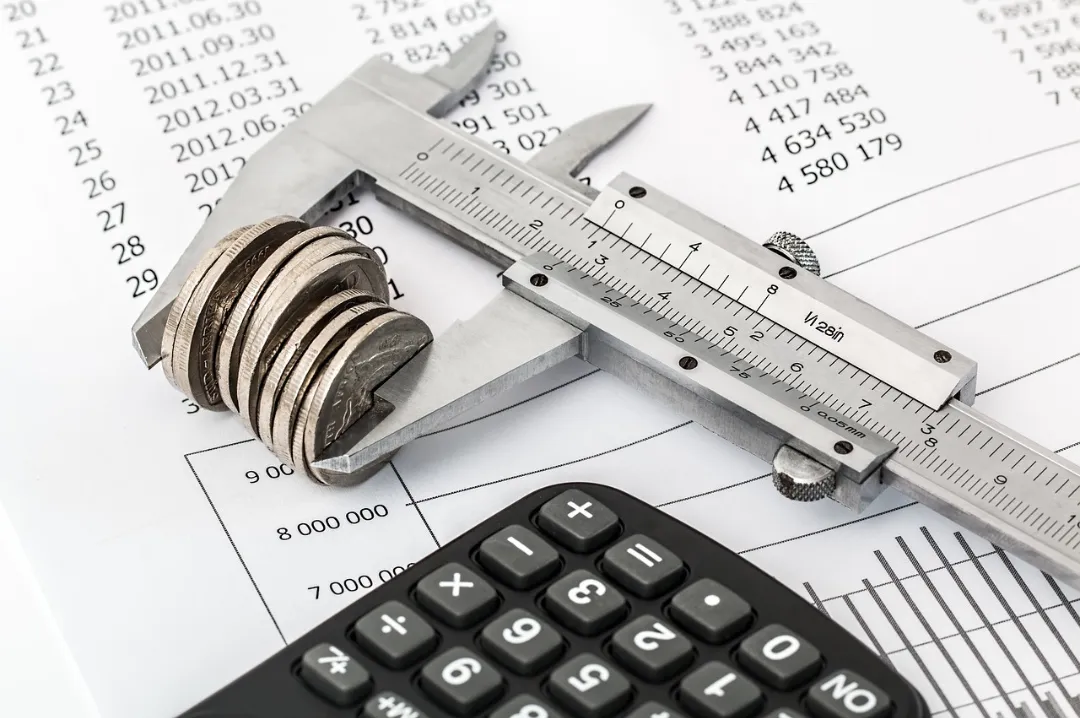There were no big surprises during the 2018 budget speech – even the increase in the value added tax (VAT) rate was expected as the rate remained unchanged since 1993.
What was disappointing to hear, though, is how bad we fared last year. For the 2016/17 financial year, the deficit stood at 3.4% of gross domestic product (GDP). During the previous budget speech, this was predicted to decrease to 2.6% by 2019/20. Instead of going down, the deficit-to-GDP ratio went up. For 2017/18, the deficit was 4.3% of GDP.
Budget Highlights
Here are some of the most important points discussed during the budget speech:
- An additional R36 billion of tax is expected to be raised this year, of which R22.9 billion will come from the VAT increase.
- The revenue shortfall for 2017/18 was R48.2 billion.
- The deficit as a percentage of GDP was 4.3%, but it is projected to fall to 3.6% for the 2018/19 tax year.
Tax Changes and Additions for 2018
Here are the most important tax changes that you should be aware of:
- VAT: The VAT rate will increase from 14% to 15% on 1 April 2018. This change will affect everybody. To soften the blow on the poorest people, social grants will be increased and those who purchase ‘basic’ food items, like brown bread, will still enjoy zero-rating of VAT on these items.
- Personal income tax: The bottom three tax brackets had a slight relief increase, albeit below the inflation rate. The top four brackets remained unchanged. In the past, the tax brackets were adjusted to at least take inflation into account. By not doing so, it means that we’ll all have less disposable income each month after tax was deducted.
- Medical credits: There was a slight increase in the medical credits deduction of between 2.3-2.5%. We can expect a below-inflation increase for the next three years, and this saving will help fund the National Health Insurance (NHI).
- Fuel levies: The road accident levy was increased by 30c/l and fuel levies by 22c/l. In total, we’ll pay 52c/l extra for fuel from 4 April 2018. This increase will also affect the prices of food and other goods to factor in the transport cost.
- Luxury goods: The excise duty on luxury goods increased from 7% to 9%. These include items like cars, smartphones and other electronics, cosmetics, and golf balls, which is bought by the wealthier income groups.
- Sin taxes: The levy on alcohol and tobacco will increase by between 6%-10%. Sugar tax – the new health promotion levy – will now be 2.1 cents per gram of sugar per 100ml content, but the first 4 grams will not be subject to tax. This change will come into effect on 1 April 2018.
- Environmental taxes: These taxes were introduced to promote eco-friendly choices. The plastic bag levy will increase by 50% to 12c/bag. The levy on incandescent light bulbs will increase from R6 to R8. Vehicle emissions tax will increase to R110 on passenger vehicles and R150 on double cab vehicles. We can also expect a new carbon tax to be implemented on 1 January 2019.
- Estate duty: Estates with a value greater than R30 million will now pay 25% estate duty. Duty on estates below that will remain on 20%.
- Donations tax: Donations with a value higher than R30 million will also be taxed at 25%, while donations below that number will remain on 20%.
A Tax Rebellion?
May a tax rebellion be the cause of the under-collection of tax revenue?
Taxpayers want their hard-earned tax money to be applied to improving the lives of all South Africans, to give the economy a boost and encourage foreign investment, and to reduce the national debt. Service delivery, infrastructure, and healthcare are high on the agenda, while bail-outs of state-owned-entities, who are in trouble because of mismanagement and corruption, are not.
Two other items that were on the agenda during the budget speech were welcomed: Tax morality, and fruitless and wasteful expenditure. The finance minister wants SARS to get their house in order to regain the trust of taxpayers and to decrease tax avoidance from jaded taxpayers.
The following areas will be in the spotlight this year:
- The functioning and governance of SARS will be investigated, and there will be a focus on improving governance and the accountability of SARS. The independence of the Tax Ombud will also be strengthened so that they’ll be able to hold SARS accountable.
- Public entities will not be able to claim a tax deduction for losses and fruitless and wasteful expenditure.
The Road Ahead
Clearly, we’ll all be affected by the new tax changes – some more than others. But economists agree that there might be light at the end of the tunnel. Foreign investors responded well to the budget speech, which has a direct impact on our economy, and if the new guard can follow through on what they promise, our future might look better.
In the meantime, make sure that you take advantage of the tax relief available to you. Get in touch if you need help with tax structuring
Don’t be discouraged; 2018 might just be the year that South Africa shines.

